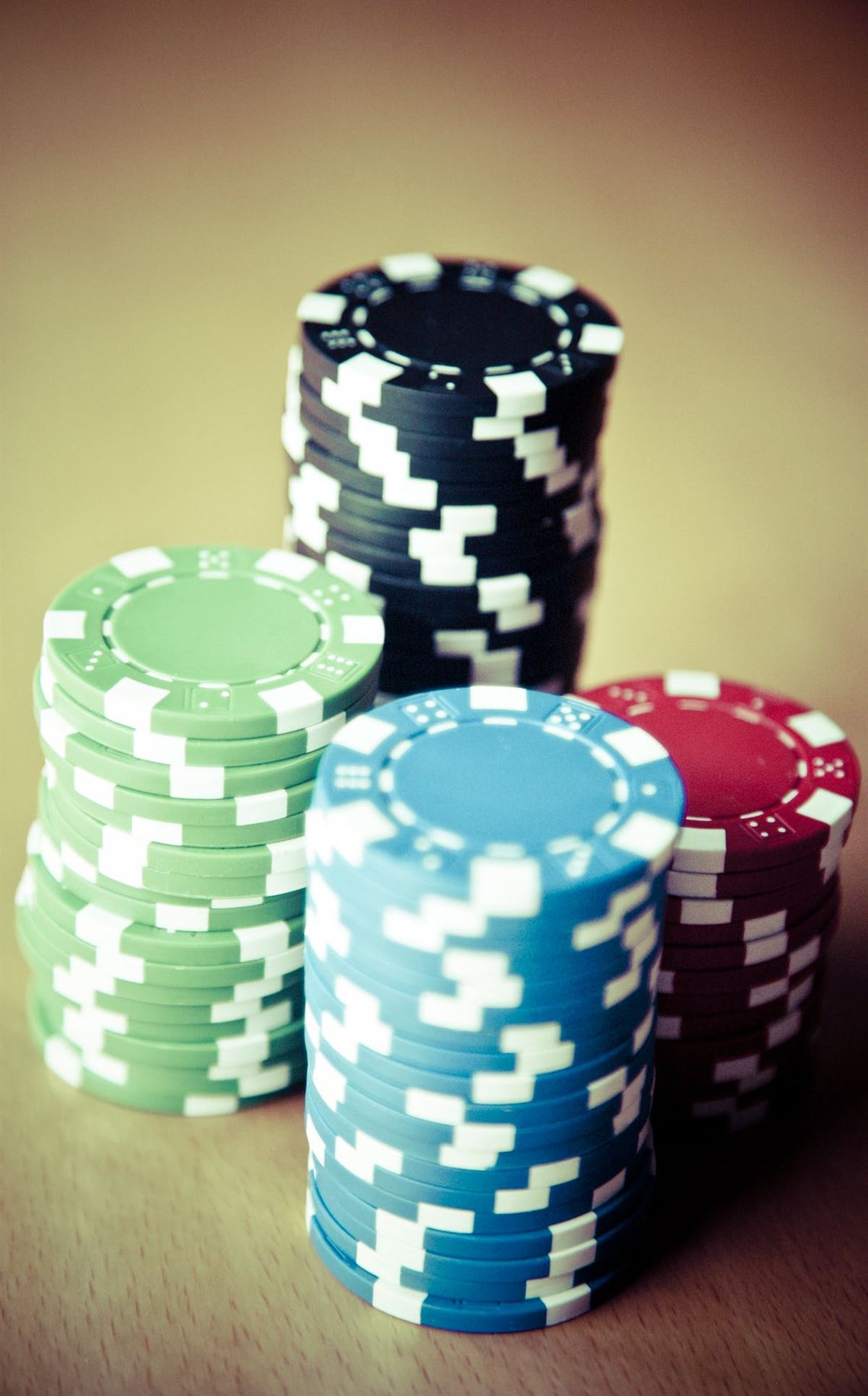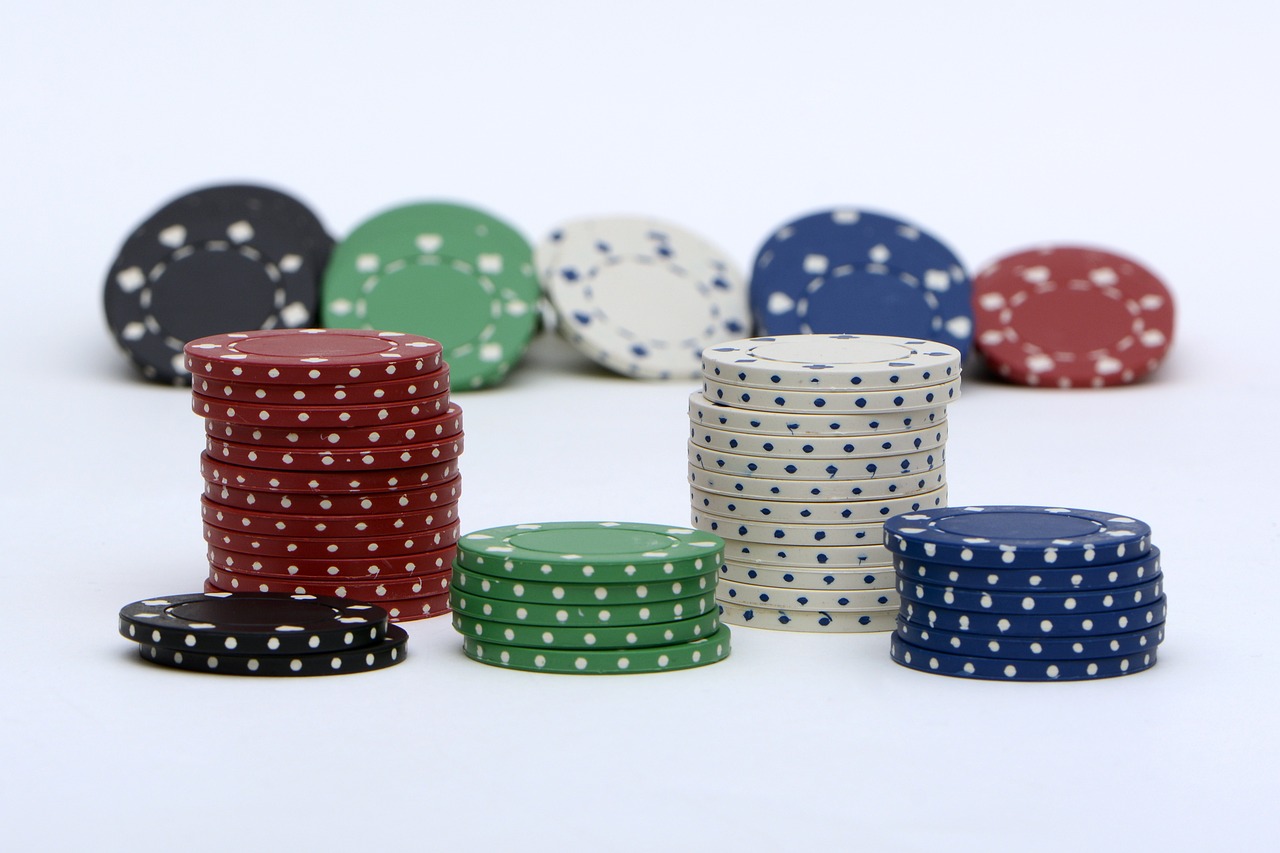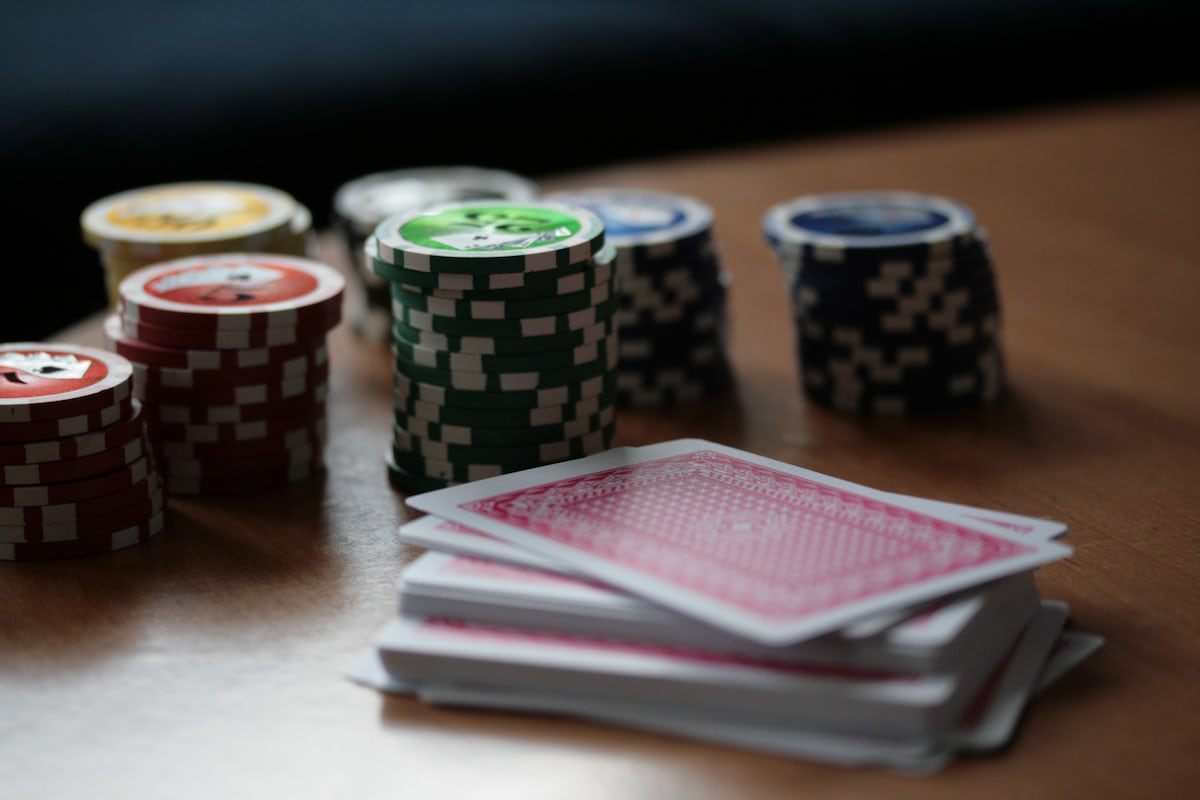Learning poker goes beyond the rules and hands. When you want to learn how to play poker, you must also know how to control your emotions and work on not taking every game seriously.
One situation you need to get used to is dealing with bad beats. This is when a player with good poker hands loses to a player with a worse poker hand by drawing a lucky card. This situation can be frustrating and challenging to handle, especially for beginners, so here are tips you can use to help you overcome or manage them like a pro.
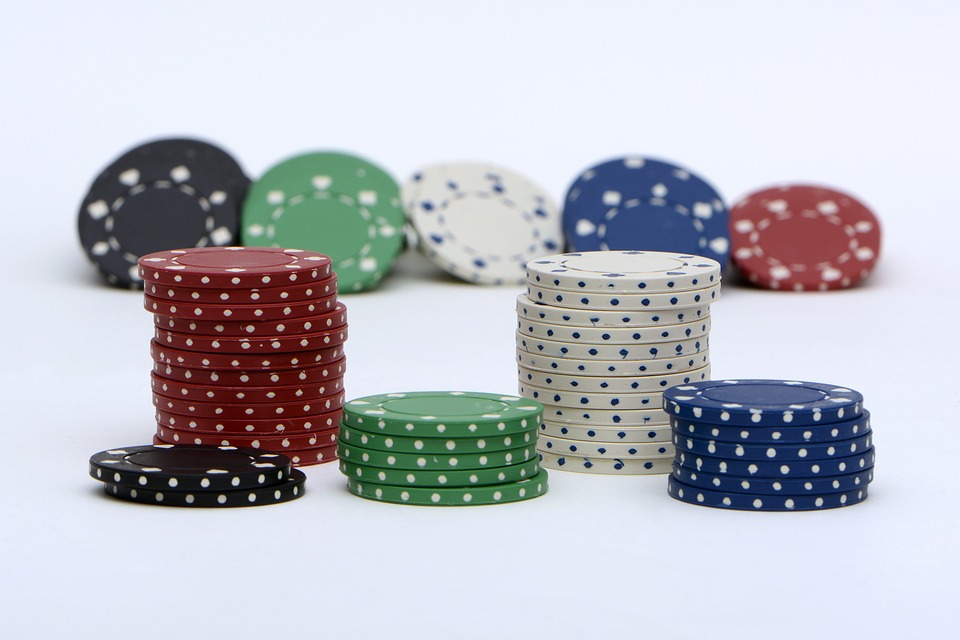
Keep Your Perspective
Poker is a popular game played worldwide. However, it is only a game at the end of the day. Even the worst losses will be more manageable for you to recover from if you keep this perspective.
It is easy to feel disappointed when you are at the losing end, and your victory gets snatched away at the last second. However, maintaining the perspective or attitude that it is only a game will help you quickly pass this situation.
If you are still in the game and have encountered a bad beat, you can always try to focus on the next hand. In this way, you don’t have to make a wrong decision that can cause you to lose more.
To learn how to be a professional poker player, you must keep your emotions from swinging too far in either direction. Every player should understand how to maintain their sense of perspective while playing. This advice can also assist players in continuing to succeed despite bad beats.
Take a Break
Taking a break from the game after a bad beat is the quickest method to become calm and resume playing at your best. If you’re playing live, you can take this break by getting up from the table and taking a moment to reflect.
Bad beats are not a problem in the long run, but they could cause you to play very poorly. You can forget about the hand you lost and play well again after taking a little pause from the game.
If you are in a situation where you encounter a string of bad beats, take longer breaks. You can have a few days off and not focus on poker; instead, try other things. You might come back with a fresh perspective and also feel much better.
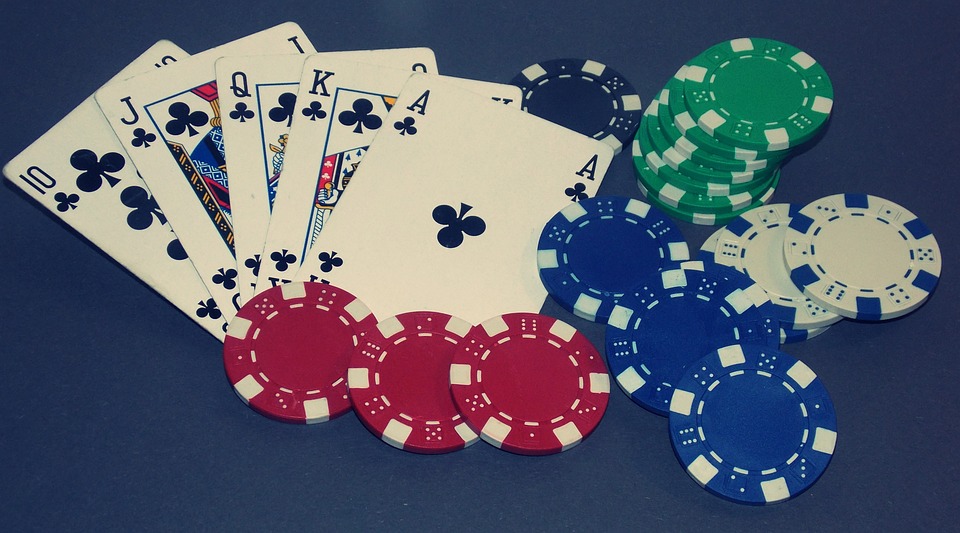
Play Only One Hand at a Time
Part of learning how to play poker game is the ability to play one hand at a time. It would help if you kept your attention on the hand you are given. If you focus your attention on the bad beat, you will only be distracted, and you will make more mistakes. Future losses will undoubtedly increase if you lose focus.
One of the most challenging abilities for any poker player to master is to make an effort to ignore the previous hand and concentrate on the current one.
Playing one hand at a time is also good if you run low on chips. Changing your strategy soon and playing too aggressively can cost you the game.
Pay Attention to Your Bankroll
Never place a wager that you are not willing to lose; it is one of the most important guidelines for any gambling strategy. It is simple to forget this rule if you are in a hurry or get overly aggressive. Remember, it never works out well to bet with money you don’t have.
Playing beyond your means will make you feel worse and be in a bad situation. Fortunately, most players can avoid these scenarios if they exercise self-control.
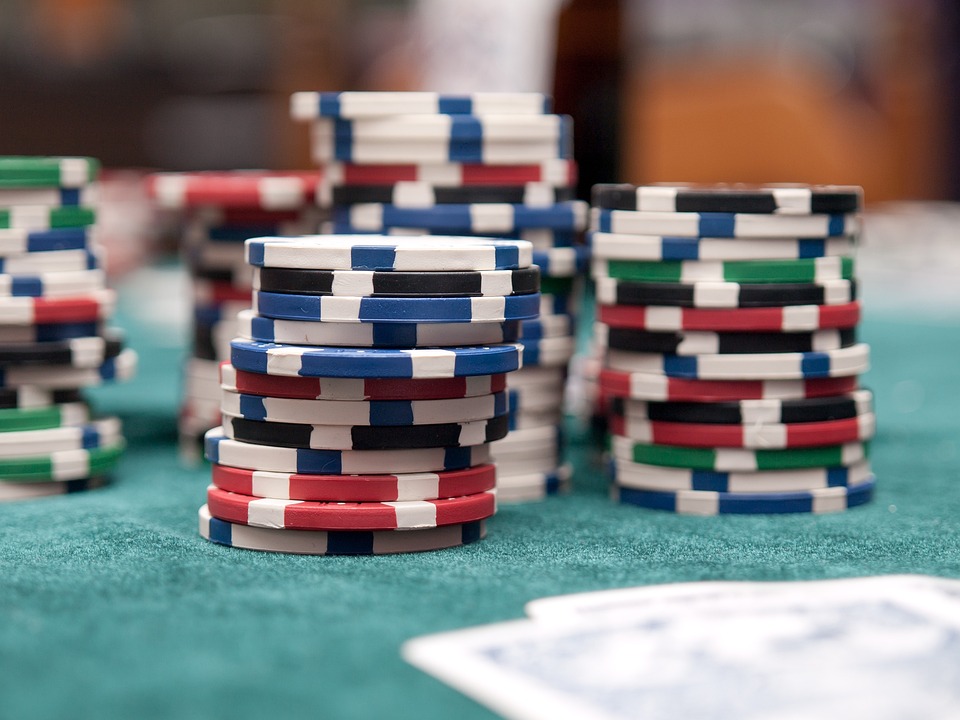
Fold When Necessary
Some bad beats can occur on the flop or turn, and you can be a heavy favorite when you put your money in. On the other hand, there are bad beats where you put only some of your money in before the beat, and an opponent who is likely to be bluffing now asks you to pay off a sizable bet on the river.
For example, you overbet significantly with pocket kings on the turn on a Q-high board with two clubs. The ace of clubs appears on the river after your opponent calls. Now your opponent goes all in.
Even though you know your opponent most certainly has the flush or another hand that has you beat, you might still want to make a spite call. This is a terrible idea. Instead, you should prepare to fold.
Making the proper decisions despite your emotions will save you a ton of money in the long run; therefore, it may be beneficial to think strategically and make financial decisions in these situations whether you play live or online poker.
Do Not Disrespect Other Players
At the poker table, it’s common for players to become enraged with one of their opponents. You must play your best game against them and everyone else at the table, regardless of how an opponent defeats you.
Being completely fixated on your opponent may cause you to clash with others who will heavily exploit your vulnerability. Instead of randomly attempting to outplay one opponent at the table, always return to the fundamentals of how to play poker and try to determine each player’s range based on their actions.
Conclusion
If you want to learn how to play poker, you should go beyond the basics, which includes understanding how to manage your emotions and perspective when placed in challenging situations like bad beats or losing. To become a good poker player, you need to accept these scenarios at the table and move past them. After all, you’ll always have plenty of hands to play still.


